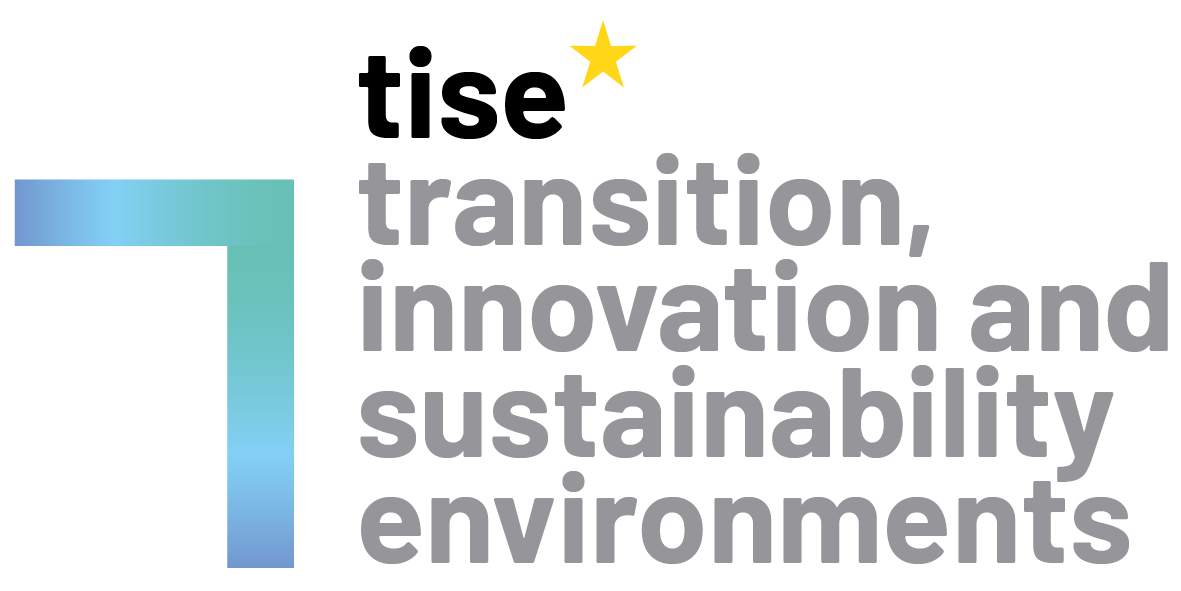
3. Semester @ PUEB, Poland
Who are the contact persons at PUEB?

Dr Maciej Pietrzykowski is one of the academic directors of TISE. As one of your contact persons at PUEB he takes care of the organisation of the Program on site.
He is a researcher, business consultant and trainer, academic teacher at Poznan University of Economics and Business – Department of International Competitiveness. Lecturer in the areas of project management, international economics, economic policy, EU economy.
TISE Program Director at PUEB
Collegium Altum, VI piętro, pok. 616
Email:maciej.pietrzykowski@ue.poznan.pl

Ms. Blanka Cimcioch is a member of the TISE Secretariat and responsible for administrative support of the Program at NOVA University. For all inquiries (e.g., regarding visa, accommodation, bank accounts, registration) please do not hesitate to contact Ms. Cimcioch.
International Accreditation Coordinator
al. Niepodległości 10, 61-875 Poznań, building A, first floor, room 124
Email: blanka.cimcioch@ue.poznan.pl
Center for international relations
The Centre for International Relations at the University of PUEB supports international students in finding accommodation, applying for visas, etc.
All information and contacts can be found here: Contact | Poznań University of Economics and Business (ue.poznan.pl)
Modules
During the third semester students will focus on the “Transitions in Economics”. Within this period students face the challenges of economic transition, business automation, information management, and international entrepreneurship with the help of business simulations, game based learning, adaptive and simulation-based learning, digital playful learning and edutainment as well as digital planning tools.
The following courses will be offered during the third semester in Poznan:
- Applied quantitative methods for economic analysis
- Internet of Things
- International Entrepreneurship
- Economics of transition and institutional change
- Data Analysis using VBA
- Elective courses (2 to choose)
6.1. Data mining with R
6.2. Edutainment and Applied Game Theory: Strategic Games
6.3. Fintech and on-demand economy in philosophical context
6.4. Game theory
6.5. International Economics and Globalization
6.6. Big Data and Internet surveys
6.7. Microeconomics of Competitiveness
6.8. Multimedia in Business
6.9. Elements of probability simulation and Bayesian modelling using R
6.10. Project Planning and Management
6.11. R programming

